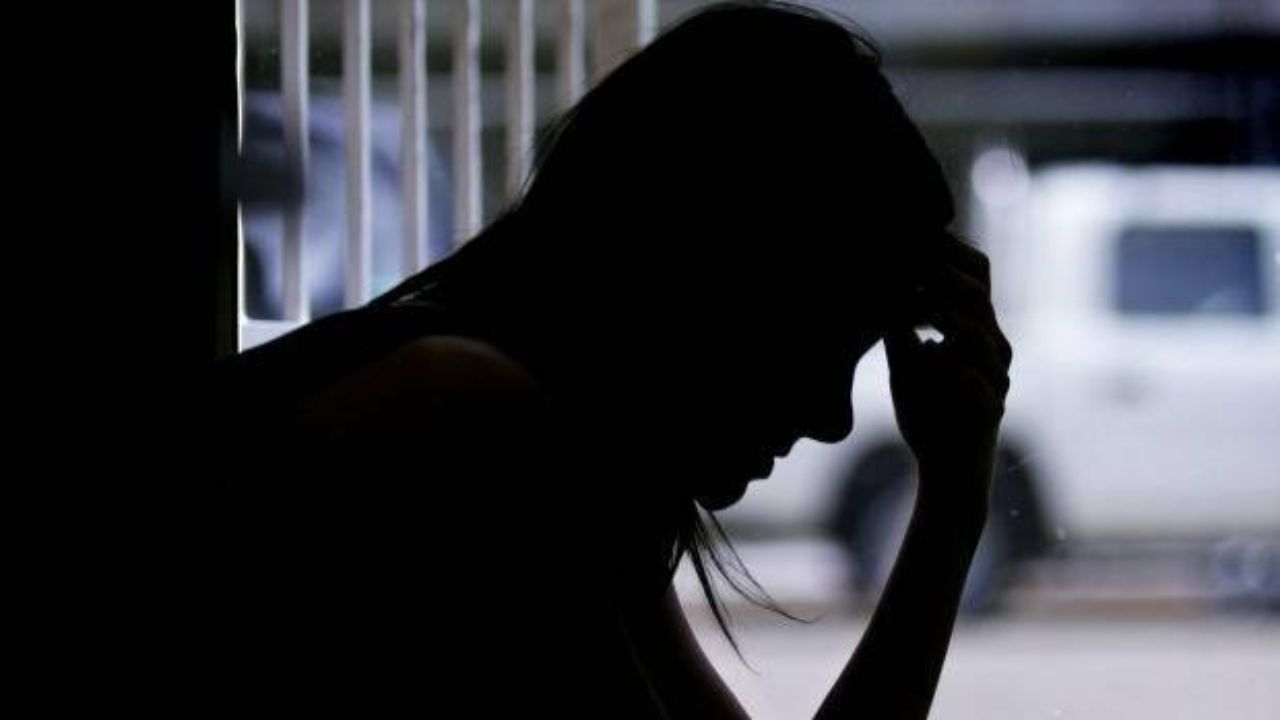Missouri is a state with a rich history, culture, and natural beauty. However, it is also a state with a disturbing reality: it is the most dangerous state in the country if you’re a Black woman. According to the latest data from the Centers for Disease Control and Prevention (CDC), Missouri has the highest homicide rate for Black women and girls in the nation, trailing only Washington, D.C. This is not a new trend, as Missouri has consistently ranked among the top states for Black female homicide victims in the past decade. What are the causes and consequences of this alarming situation? And what can be done to prevent it?
The Causes of Violence Against Black Women in Missouri
There is no simple or single explanation for why Missouri is the most dangerous state for Black women. However, some of the possible factors that contribute to this problem are:
Domestic violence: Many of the Black women who are killed in Missouri are victims of intimate partner violence. For example, Oriana Starr, a 22-year-old Black woman, was shot and killed by her boyfriend in December 2020 in Independence, Missouri. Her mother, Crystal Graves, said that her daughter was trying to leave the abusive relationship, but he was not going to let her go. Domestic violence is a widespread issue that affects women of all races and backgrounds, but Black women are especially vulnerable. According to the Institute for Women’s Policy Research, Black women are more than twice as likely to be killed by a male partner than white women.
Racism and sexism: Black women face multiple forms of oppression and discrimination in society, which can increase their risk of violence. Racism and sexism can affect their access to education, employment, health care, housing, and justice, which can limit their opportunities and resources. Black women are also often stereotyped, devalued, and objectified in the media and popular culture, which can influence how they are perceived and treated by others. Additionally, Black women may face barriers to reporting and seeking help for violence, such as distrust of the police, fear of retaliation, lack of support services, and stigma.
Gun violence: Missouri has a high rate of gun violence in general, which disproportionately affects Black women. Missouri has some of the weakest gun laws in the country, which make it easy for anyone to obtain and carry firearms without a background check, permit, or training . According to the Giffords Law Center, Missouri has the fourth-highest gun death rate in the nation, and the majority of those deaths are homicides . Black women are more likely to be killed by guns than any other group of women in the state .
The Consequences of Violence Against Black Women in Missouri
The violence against Black women in Missouri has devastating impacts on the victims, their families, and their communities. Some of the consequences are:
Loss of life: The most obvious and tragic consequence of violence is the loss of life. Every Black woman who is killed in Missouri is a human being with a name, a story, a family, and a future. Their deaths are not just statistics, but tragedies that leave behind a void that can never be filled. Their deaths also represent a loss of potential and contribution to society, as they could have been leaders, innovators, artists, educators, or anything they dreamed of.
Trauma and grief: The violence against Black women in Missouri also causes trauma and grief for the survivors, both the direct victims who survive the attacks and the indirect victims who witness or experience the aftermath. The trauma and grief can affect their physical, mental, emotional, and social well-being, and can have long-term effects on their health and happiness. They may suffer from post-traumatic stress disorder, depression, anxiety, substance abuse, or suicidal thoughts. They may also struggle with coping, healing, and finding justice and closure.
Social and economic costs: The violence against Black women in Missouri also has social and economic costs for the state and the nation. According to a study by the Violence Policy Center, the estimated cost of homicide for Missouri in 2017 was $1.6 billion, which includes medical expenses, lost earnings, public services, and quality of life losses . The violence also erodes the social fabric and trust of the communities, and undermines the development and progress of the state.
The Solutions to Violence Against Black Women in Missouri
There is no easy or quick solution to the problem of violence against Black women in Missouri. However, some of the possible steps that can be taken to prevent and reduce it are:
Strengthening the laws and policies: Missouri needs to enact and enforce stronger laws and policies that protect Black women from violence, especially domestic violence and gun violence. For example, Missouri could require background checks and permits for all gun sales and transfers, prohibit domestic abusers and stalkers from possessing firearms, and implement extreme risk protection orders that allow the temporary removal of guns from people who pose a danger to themselves or others . Missouri could also increase the funding and support for the criminal justice system, the victim services, and the prevention programs that address violence against Black women.
Raising awareness and education: Missouri needs to raise awareness and education about the issue of violence against Black women, and challenge the stereotypes and biases that fuel it. This can be done through media campaigns, community events, school curricula, and public dialogues that highlight the realities and impacts of violence, and celebrate the diversity and dignity of Black women. Missouri also needs to educate and empower Black women about their rights, their resources, and their options for seeking help and safety.
Building solidarity and support: Missouri needs to build solidarity and support among and for Black women who are affected by violence, and foster a culture of respect and accountability. This can be done by creating and strengthening the networks and organizations that advocate and assist Black women, such as the Black Women’s Blueprint, the National Coalition of 100 Black Women, and the Missouri Coalition Against Domestic and Sexual Violence. This can also be done by engaging and involving the allies and stakeholders who can help prevent and address violence, such as the family members, friends, neighbors, faith leaders, health professionals, educators, and policymakers.
Conclusion
Missouri is the most dangerous state in the country if you’re a Black woman, according to the latest data from the CDC. This is a serious and urgent problem that requires attention and action from all levels of society. Violence against Black women is not inevitable or acceptable, but preventable and unacceptable. It is time to end the silence and the violence, and to ensure that Black women in Missouri and everywhere can live in safety, dignity, and peace.

